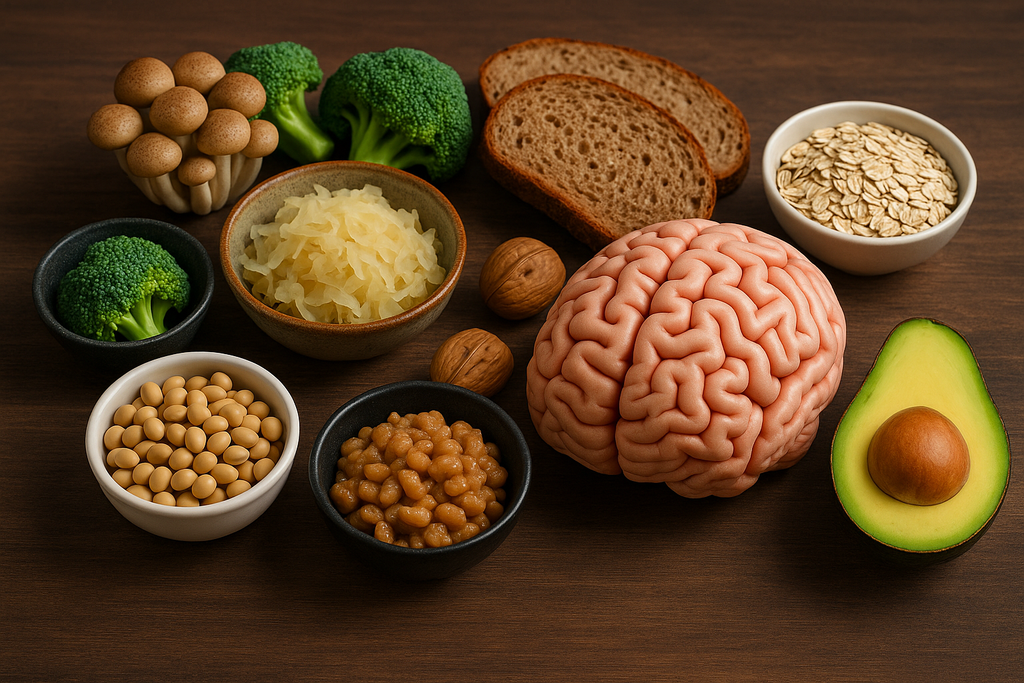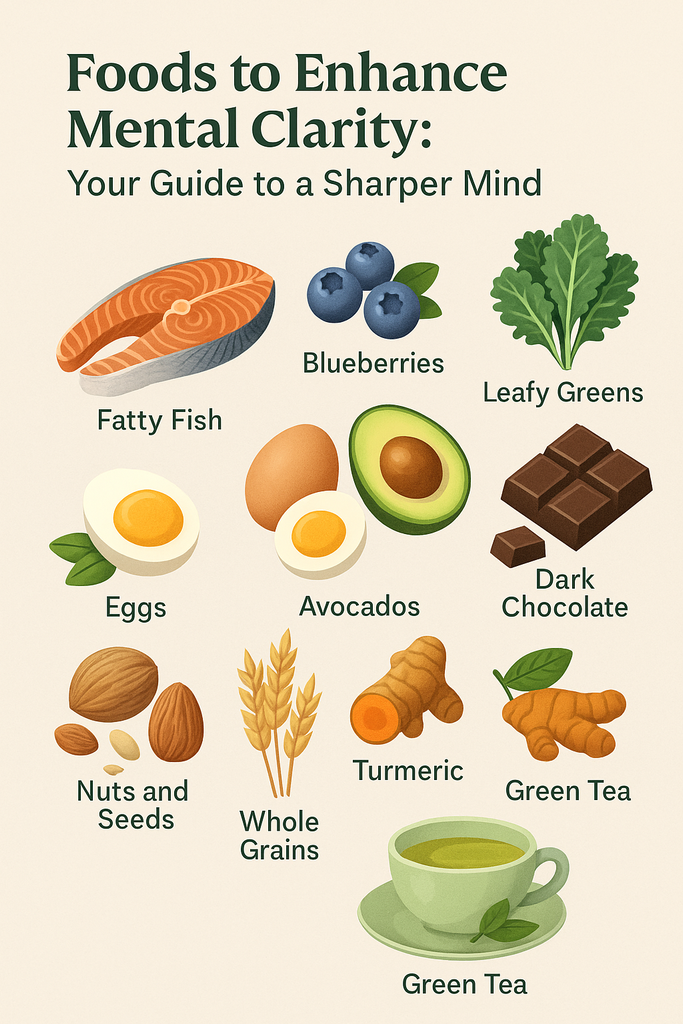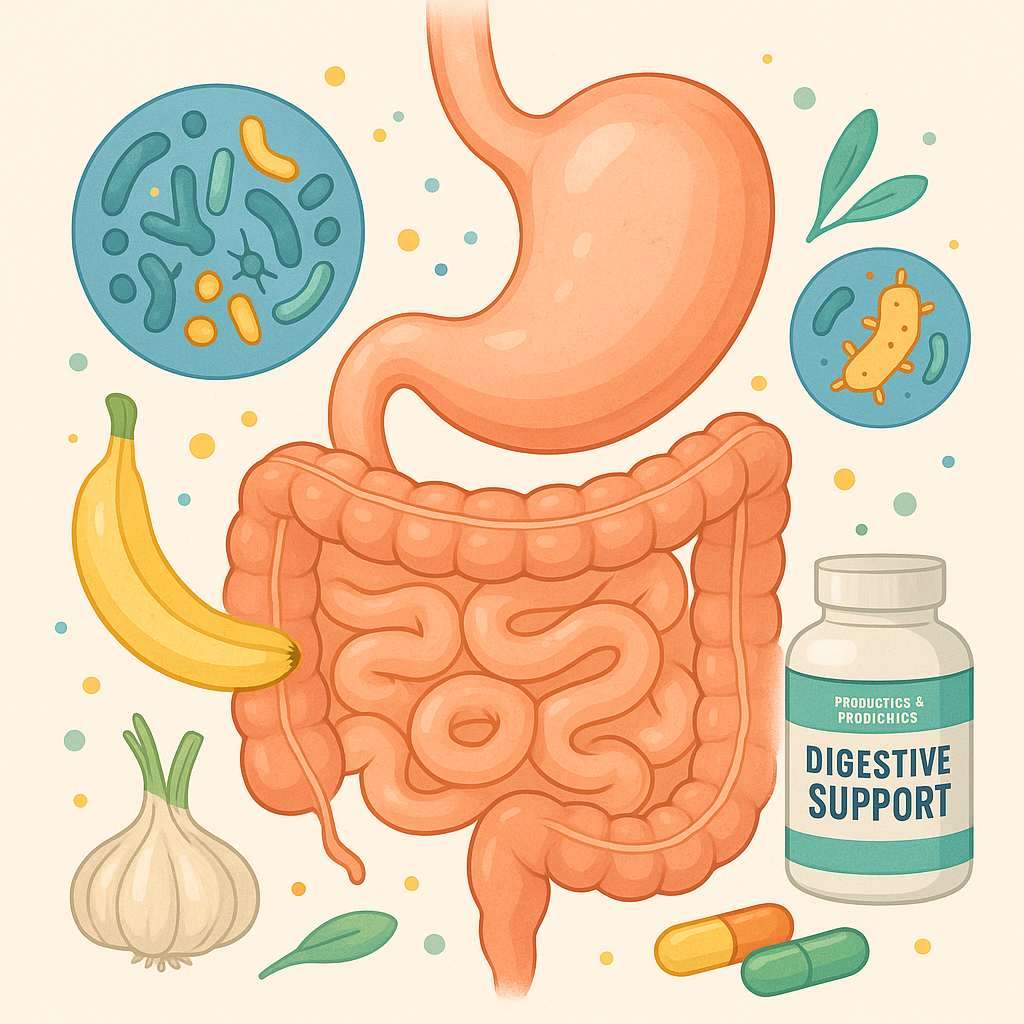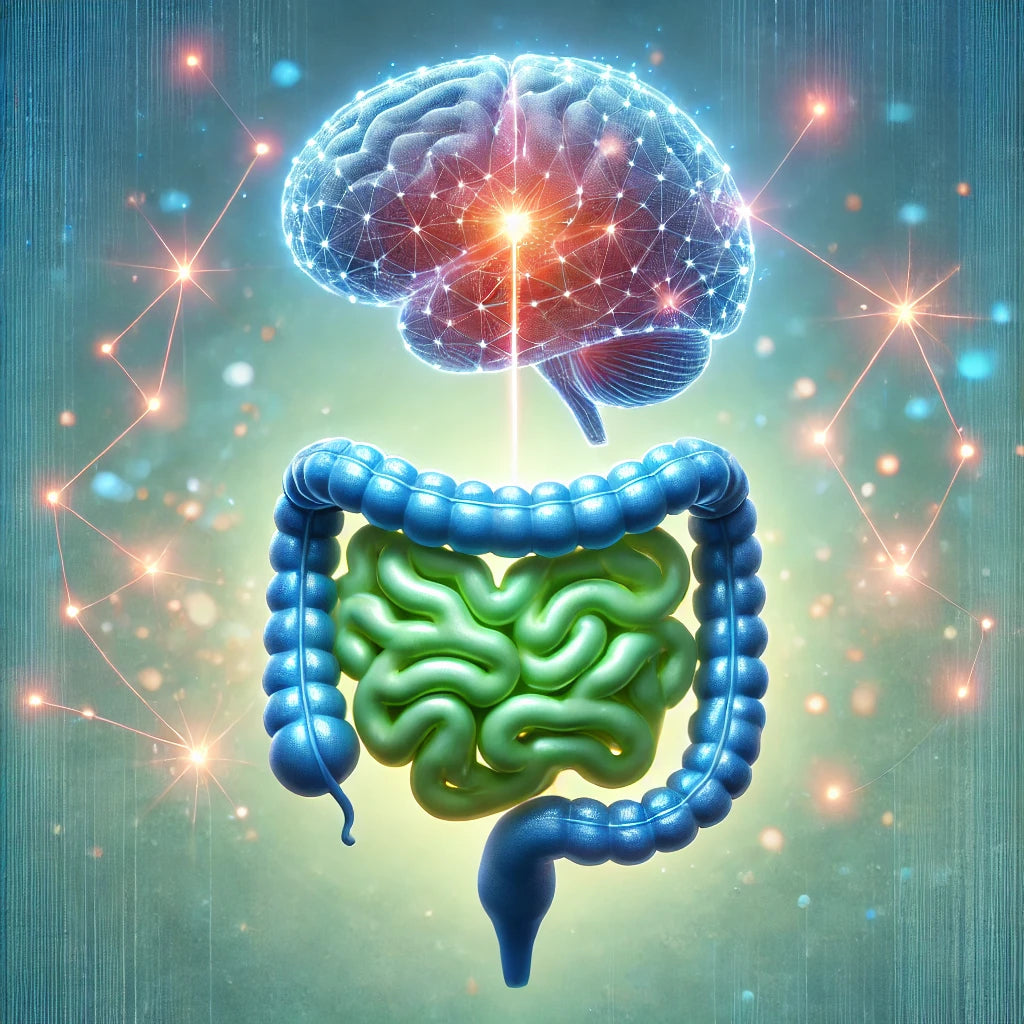News — gut-brain connection
Foods That Prevent Cognitive Decline: Why Polyamines Are the Missing Link
Alzheimer's prevention anti-aging foods autophagy brain detox brain food cognitive health dementia diet fermented foods gut-brain connection healthy aging memory loss prevention mental clarity foods natural nootropics neuroprotection nutritional neuroscience plant-based brain foods polyamines spermidine spermidine supplements spermine
As the global population ages, cognitive health is becoming an increasingly important topic. From Alzheimer’s disease to age-related memory loss, the quest for preventive strategies has intensified—and diet plays a crucial role. Among the many nutrients and compounds linked to brain health, a class of naturally occurring compounds called polyamines has recently gained attention for their potential to slow or even prevent cognitive decline.
Polyamines, such as spermidine and spermine, are found in various foods and play a vital role in cellular growth, gene expression, and neuroprotection. Emerging research shows that polyamines may support cognitive longevity by enhancing autophagy (the body’s natural cell-cleaning process), reducing inflammation, and protecting neurons from degeneration. In this article, we explore the science behind polyamines and identify the top foods that can help preserve brain health as we age.
Foods to Enhance Mental Clarity: Your Guide to a Sharper Mind
antioxidants for cognitive health best foods for focus brain diet plan brain fog remedies brain food guide brain nutrition brain-boosting foods choline for memory foods for mental clarity foods to avoid brain fog green tea for clarity gut-brain connection healthy fats for brain hydration and focus improve focus naturally memory enhancing diet mental sharpness foods natural brain supplements omega-3 for brain turmeric for brain health
Mental clarity isn't just about brain power—it's about the ability to focus, process information quickly, and maintain emotional balance. In our fast-paced world, cognitive overload, stress, and poor diet can leave our minds feeling foggy, forgetful, or fatigued. But what if sharpening your mental focus could start on your plate?
Nutrition plays a pivotal role in how your brain functions. From memory-enhancing fats and focus-friendly antioxidants to hydration and gut health, the right foods can dramatically improve cognitive performance. This guide explores the top foods to enhance mental clarity, supporting a sharper, more energized mind—naturally and sustainably.
How Gut Bacteria Affects Stomach Health and Digestion
bloating digestion digestive enzymes digestive support fermented foods food intolerance gut bacteria gut flora gut health gut-brain connection gut-friendly diet healthy digestion IBS leaky gut LongLifeNutri Digestive Support microbiome natural gut remedies prebiotics probiotics stomach health
Inside your digestive system lies a vast, complex ecosystem of microorganisms known as the gut microbiome. These trillions of bacteria, viruses, and fungi may be microscopic in size, but their impact on your health is anything but small. From breaking down food to supporting immunity, gut bacteria play a crucial role in maintaining digestive balance and overall wellness.
When your gut flora is diverse and balanced, digestion is smooth and efficient. But when harmful microbes outnumber beneficial ones, it can lead to bloating, constipation, heartburn, and even chronic conditions like leaky gut or IBS. In this article, we'll explore the science behind gut bacteria, how it influences your stomach and digestion, and natural ways to keep your microbial community thriving.
Breaking Free from the IBS-Stress Loop
breaking the IBS-stress cycle breathing techniques for IBS cognitive behavioral therapy for IBS diet for IBS exercise for IBS gut health gut-brain connection IBS and anxiety IBS flare-ups IBS management IBS stress loop IBS stress relief IBS symptoms and stress lifestyle changes for IBS managing IBS with stress mindfulness for IBS reducing IBS symptoms stress impact on gut stress relief for IBS stress-induced IBS
Living with Irritable Bowel Syndrome (IBS) can feel like being trapped in a never-ending cycle of discomfort, stress, and uncertainty. For many, the symptoms of IBS are unpredictable, leading to increased anxiety and stress, which in turn can trigger more IBS flare-ups. It’s a vicious loop that can significantly impact both physical and mental health. Understanding how stress exacerbates IBS and finding ways to manage it effectively are essential steps toward regaining control over your life.
IBS is a chronic condition that affects the large intestine, causing symptoms such as bloating, cramping, abdominal pain, and changes in bowel habits. While the exact cause of IBS is still unclear, it is well established that stress plays a critical role in triggering and worsening these symptoms. This guide will explore the connection between IBS and stress, provide practical strategies to break free from this cycle, and help you lead a more balanced, symptom-free life.
Probiotics and Mental Health: The Gut-Brain Connection
Anxiety Relief Bifidobacterium cognitive function depression support gut health gut microbiome gut-brain connection healthy digestion holistic mental health Lactobacillus mental health neurotransmitters probiotics probiotics and anxiety probiotics and depression probiotics benefits probiotics for brain health serotonin stress management vagus nerve
The connection between gut health and mental well-being has become a fascinating area of research in recent years. As scientists continue to explore the complexities of the human body, the gut-brain axis has emerged as a key player in maintaining both physical and mental health. One of the most exciting discoveries in this field is the impact of probiotics—often referred to as "good bacteria"—on mental health. While probiotics are commonly associated with digestive health, their influence extends far beyond the gut, potentially affecting mood, anxiety, and even cognitive function.
Understanding the gut-brain connection is crucial in appreciating how probiotics may serve as a bridge between a healthy gut and a balanced mind. The gut and brain are in constant communication, with the gut often being referred to as the "second brain" due to its extensive network of neurons and its ability to produce neurotransmitters like serotonin. This intricate relationship suggests that by nurturing gut health, we can positively influence our mental state, making probiotics a promising avenue for mental health support.





